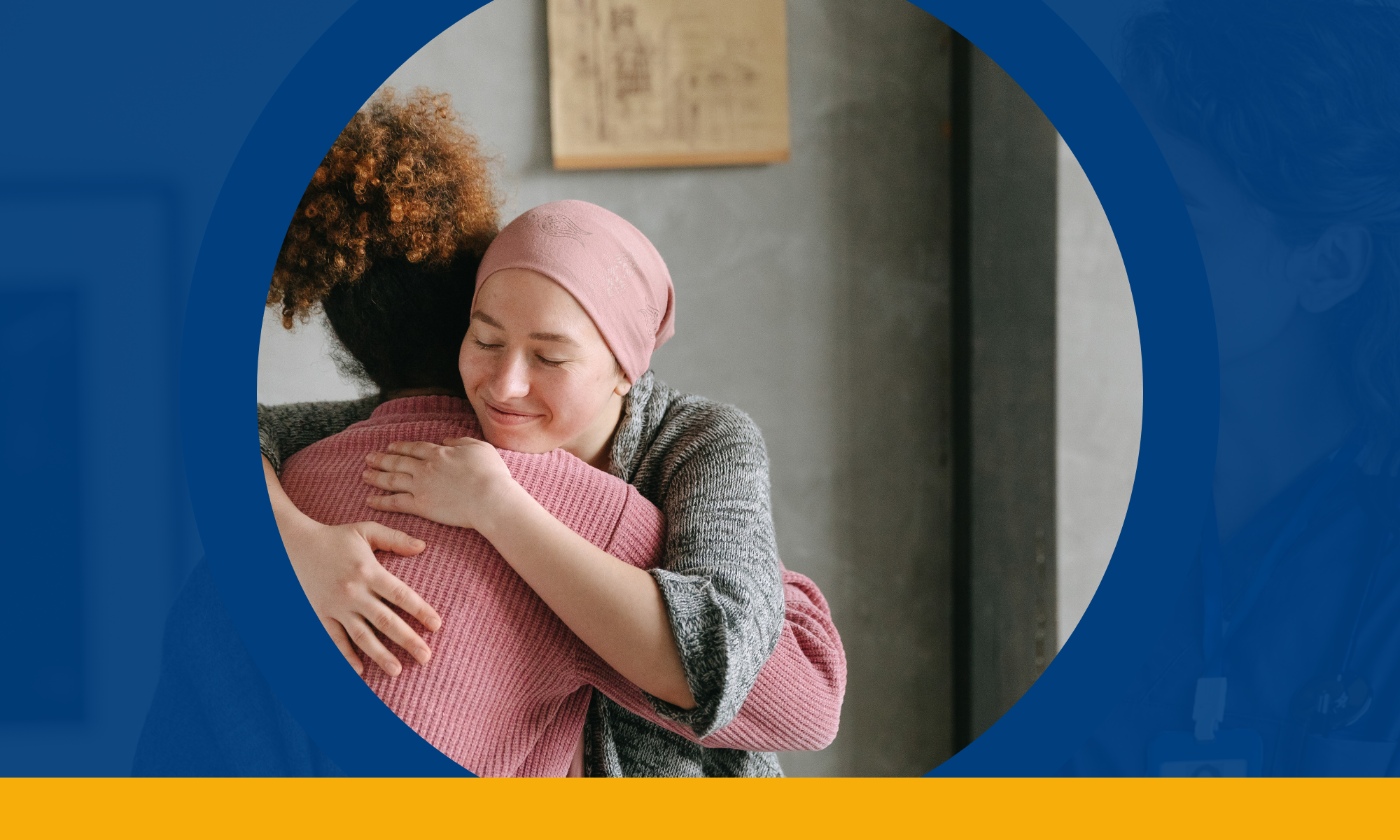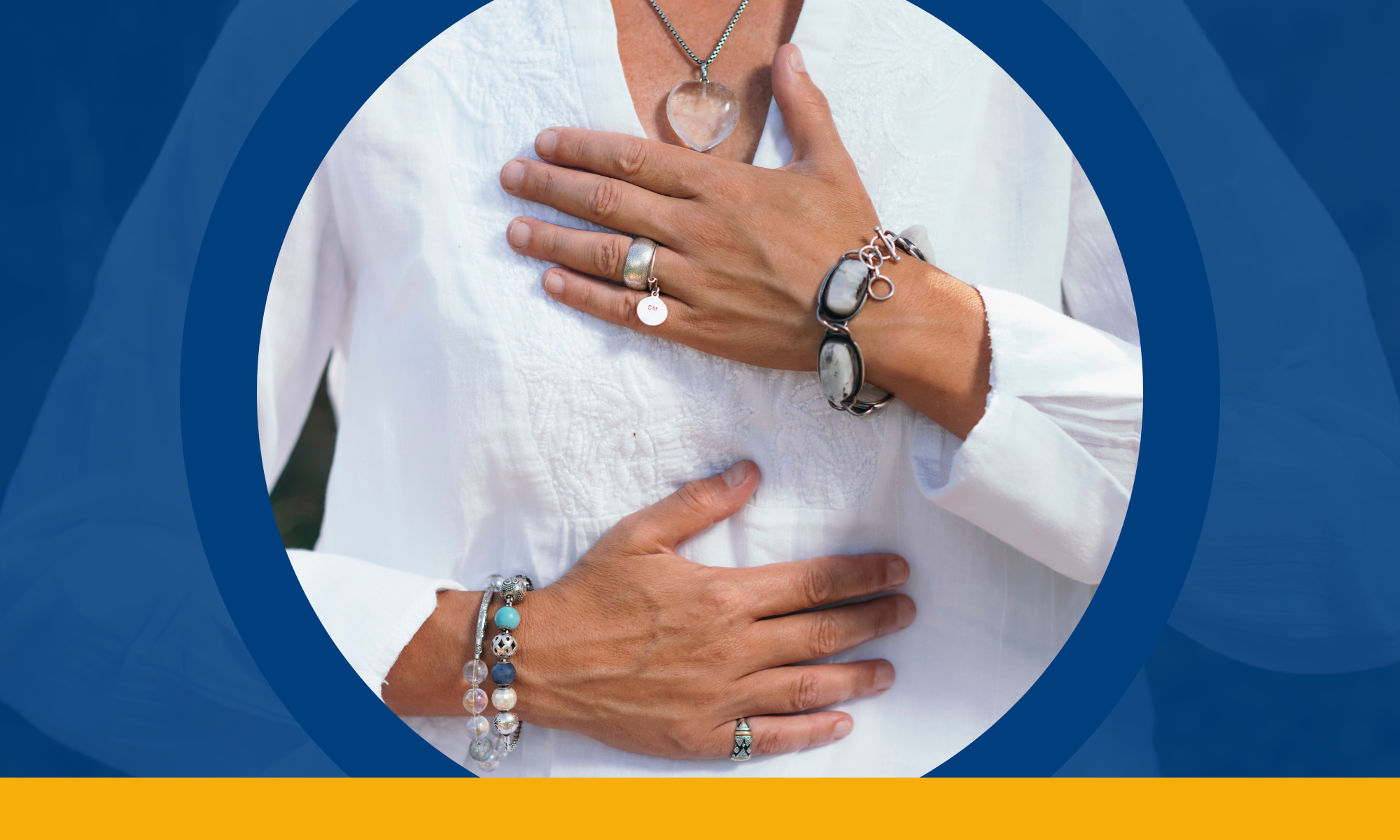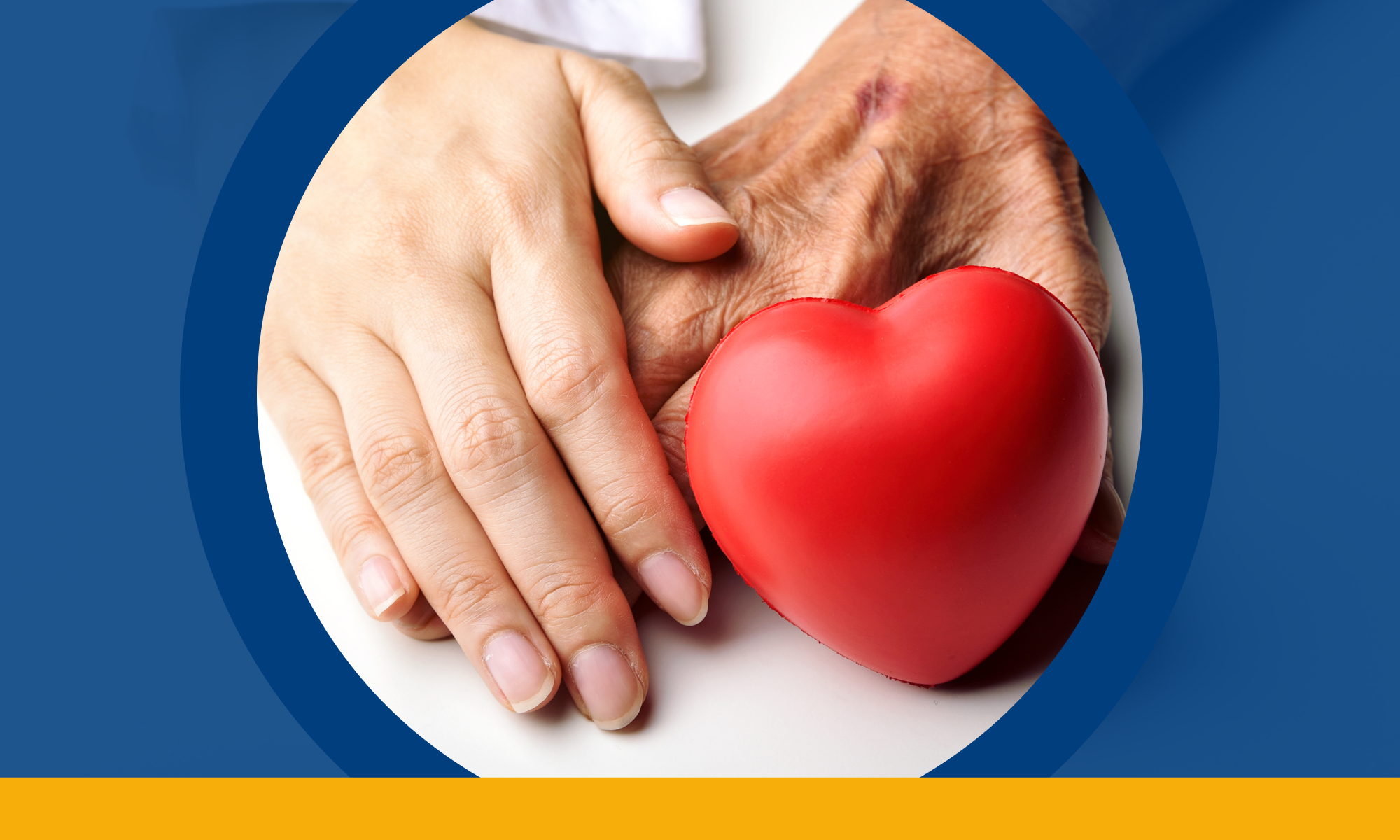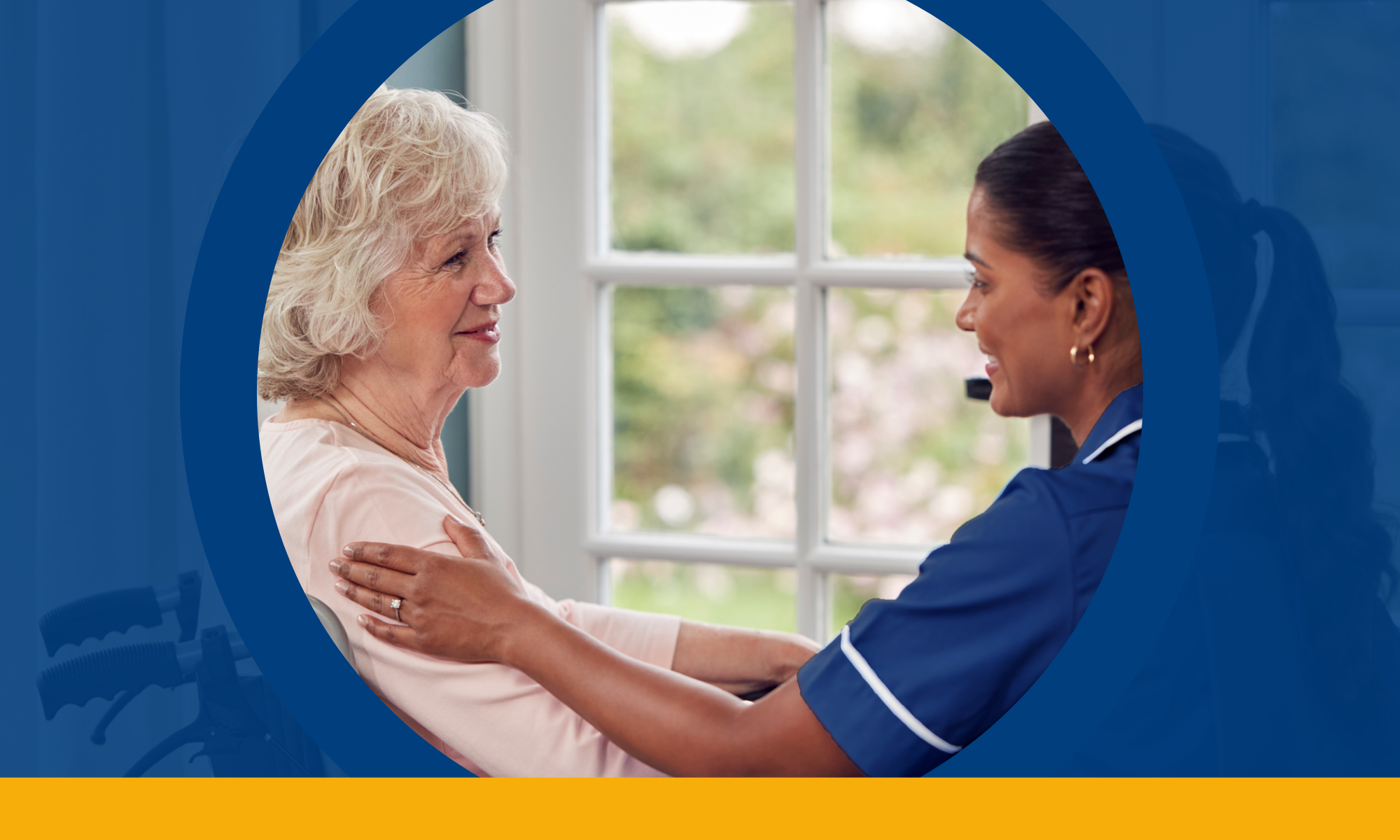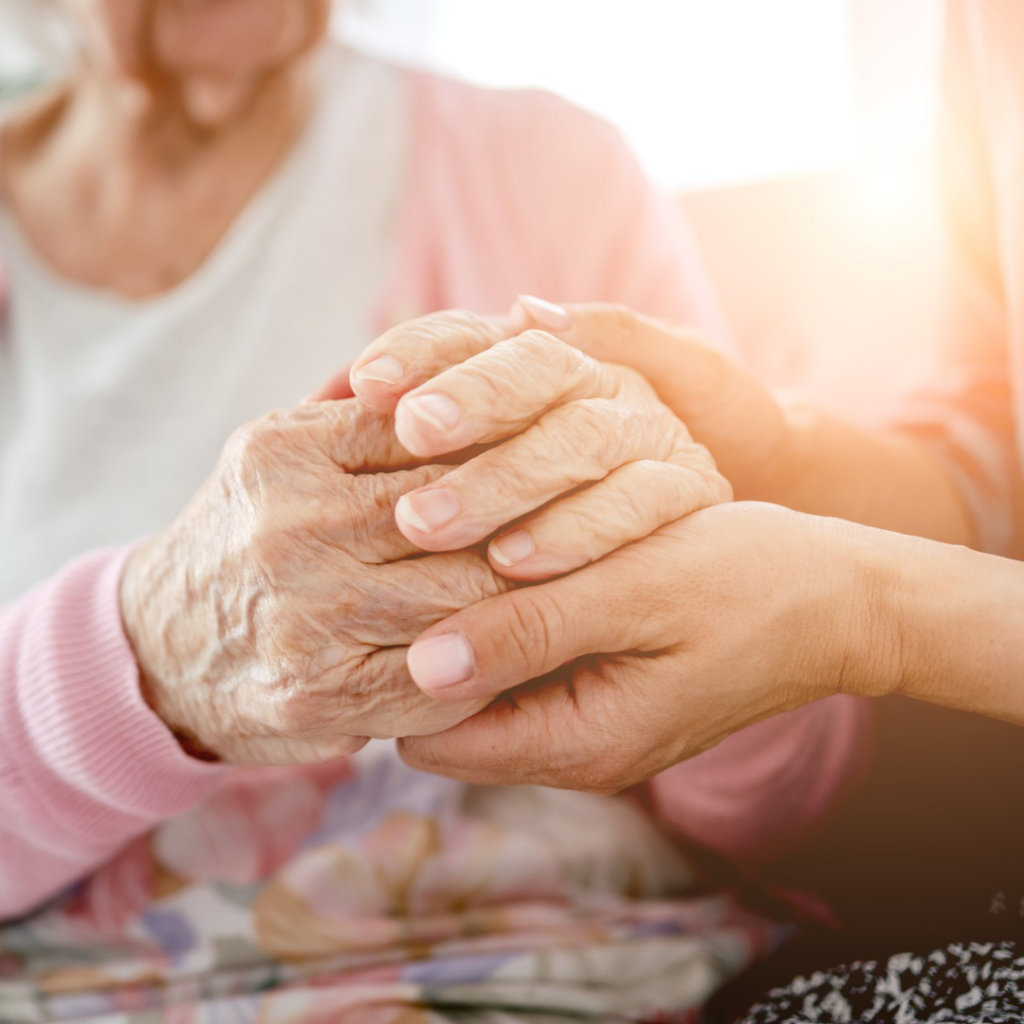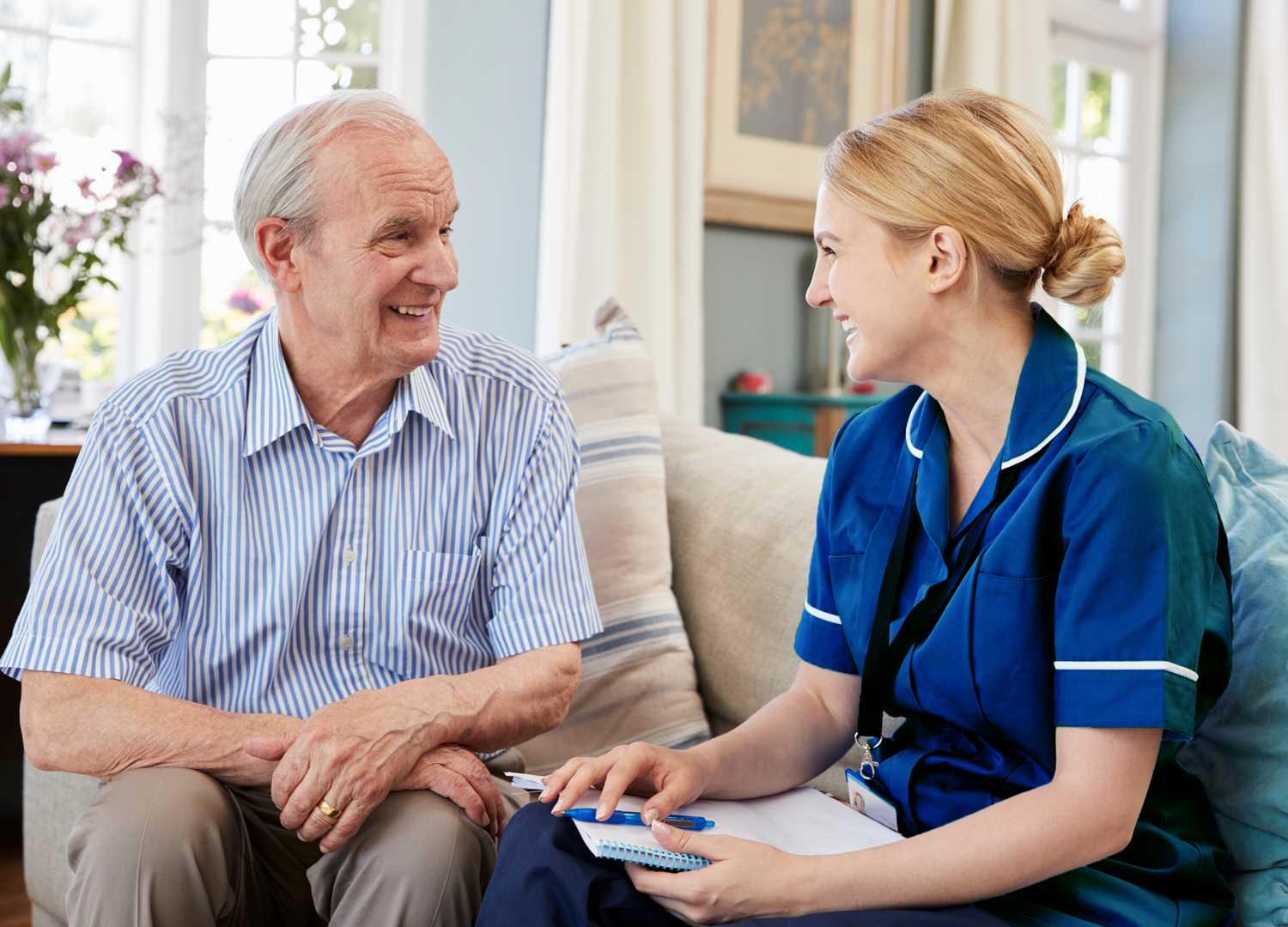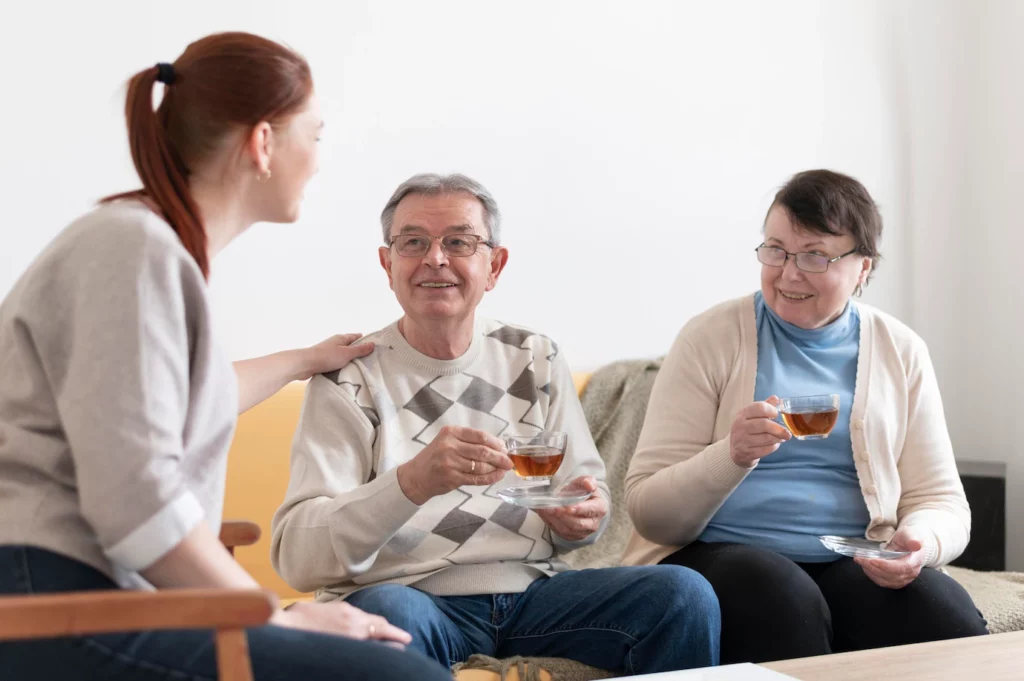The Importance of Professional Development for Homecare Workers
As a homecare worker, the broadening of knowledge and skills to better serve clients and build meaningful relationships is seen as a priority. The importance of professional development for homecare workers cannot be underestimated as it helps to sharpen existing skills while introducing new ones that will help make an even more effective caregiver. With so many resources available today, it can be difficult to sift through all of the options, however, the below can provide some guidance on how to pursue these professional opportunities.
Did You Know?
There are around 27, 208 care personnel employed in the health sector in Ireland.
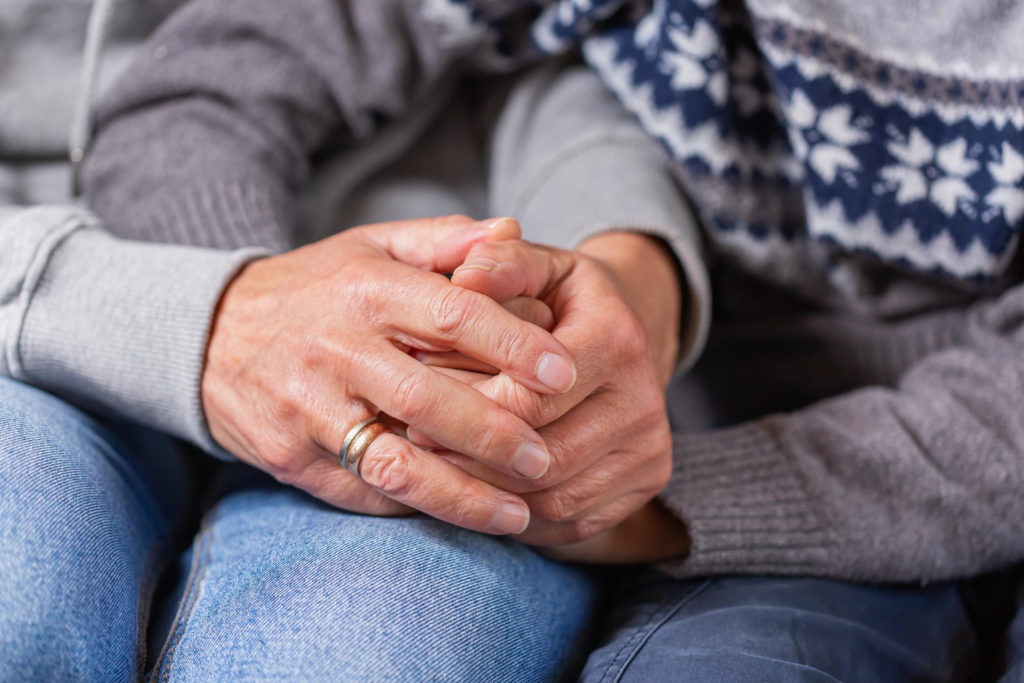
Elevates Homecare Excellence
Continuous education serves as a vital platform for homecare workers to enhance their skills and expertise. As the healthcare landscape evolves, caregivers must stay abreast of the latest medical advancements, caregiving techniques, and technologies. Regular training workshops and courses empower homecare workers to acquire new skills, such as administering specialised medical treatments, understanding the complexities of various health conditions, and employing the latest assistive technologies.
Professional development also encourages the development of soft skills, including effective communication, empathy, and patience. These interpersonal skills are fundamental in fostering a trusting and supportive relationship between caregivers and their clients. By honing these abilities, homecare workers can provide emotional and psychological support in addition to physical care, significantly improving the overall well-being of their clients.
Boosts Job Satisfaction and Confidence
It has a direct impact on the job satisfaction and confidence levels of homecare workers. When caregivers are equipped with up-to-date knowledge and skills, they feel more confident in their abilities to handle complex situations. This increased confidence leads to greater job satisfaction, as caregivers experience a sense of fulfillment and accomplishment in their roles.
Pathways for career progression are then opened within the homecare sector. Caregivers who invest in their continuous learning are often eligible for promotions to supervisory or specialised roles, allowing them to take on more responsibilities and challenges. This upward mobility not only boosts their confidence but also enhances their job satisfaction, resulting in a motivated and dedicated workforce that is committed to providing exceptional care.
Myhomecare’s Care Academy
The Myhomecare Care Academy offers training and career progression support and guidance for aspiring carers. The Care Academy also offers the opportunity for those with experience requiring QQI Level 5 accreditation in healthcare, courses to be subsidised.
Our experienced management team, consisting of both clinical and operational, have consulted with industry experts in developing our own bespoke training into the Care Academy to support the continuous professional development of our frontline staff. We provide a wide range of courses for those actively working in the homecare industry and for those who desire a career in homecare.
With just one year’s prior caring experience, an aspiring carer can avail of The Care Academy’s subsidised courses and have that fulfilling career within our supportive team.
Deirdre Doyle, Myhomecare Operations Lead

Ensures Quality Care
Quality care is at the heart of homecare services, and further education plays a pivotal role in ensuring its consistency and excellence. Well-trained homecare workers are better equipped to handle diverse situations and challenges effectively. They can anticipate the needs of their clients, respond promptly to emergencies, and provide personalised care plans tailored to individual requirements.
Caregivers can then stay updated with best practices and industry standards. This knowledge translates into the delivery of evidence-based, high-quality care that not only meets but exceeds the expectations of both clients and their families. By investing in continuous learning, homecare workers contribute significantly to the overall improvement of healthcare services within their communities.
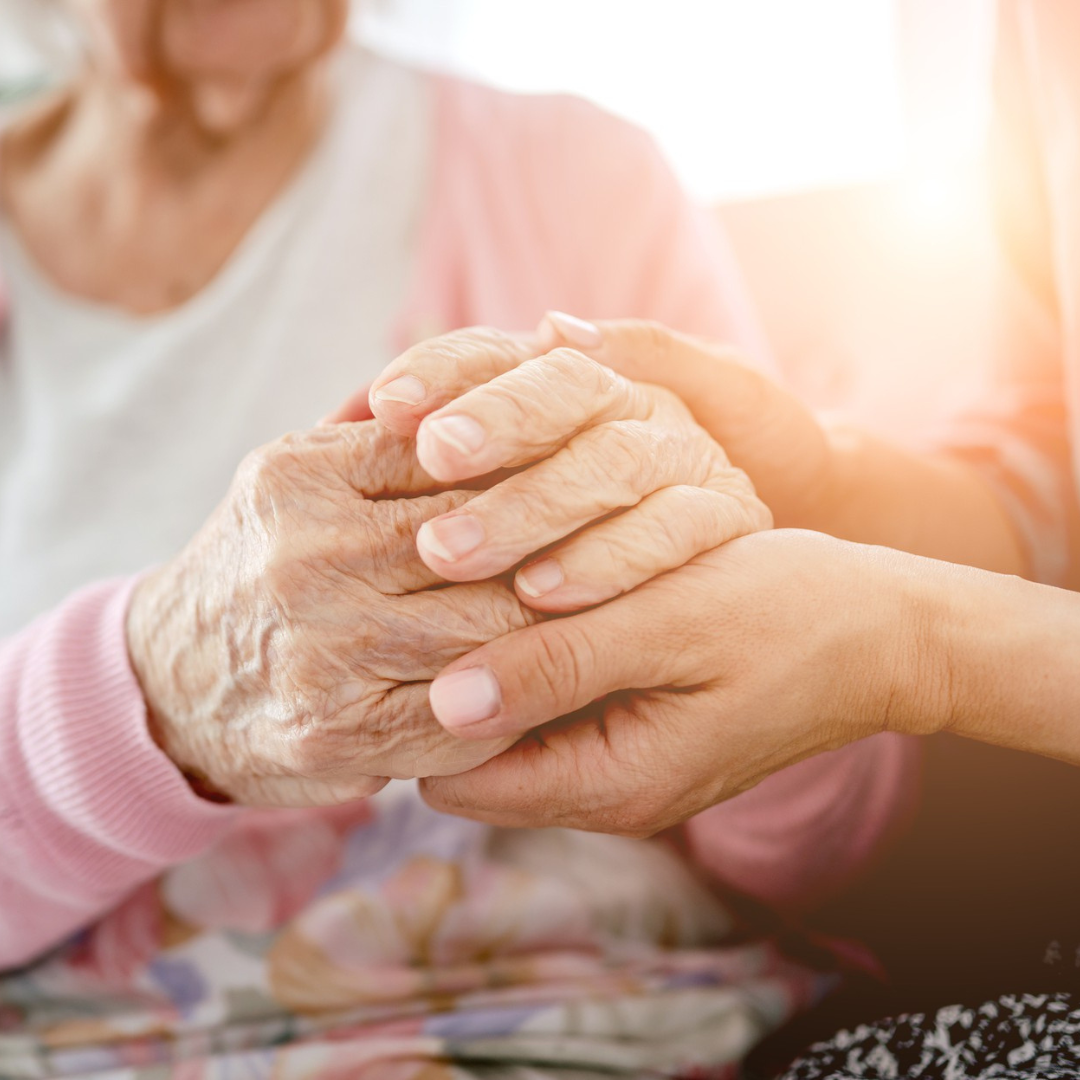
As homecare workers, taking the initiative to engage in professional development activities is a great way to stand out from the rest and feel empowered not only professionally, but personally as well. Not only does it provide essential skills and attributes for success in any career, but it can also build self-confidence, creative thinking skills and ultimately help achieve greater success overall.
It’s important to understand the value of continuous career development on the latest trends in today’s ever-changing homecare environment. Continuous learning and personal growth should be part of every successful homecare worker’s journey.
Be inspired to learn with the Myhomecare Care Academy.






